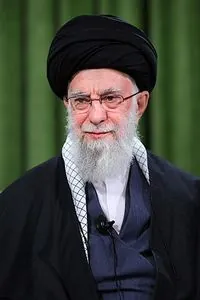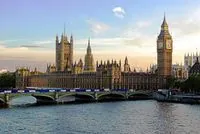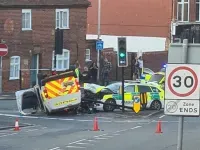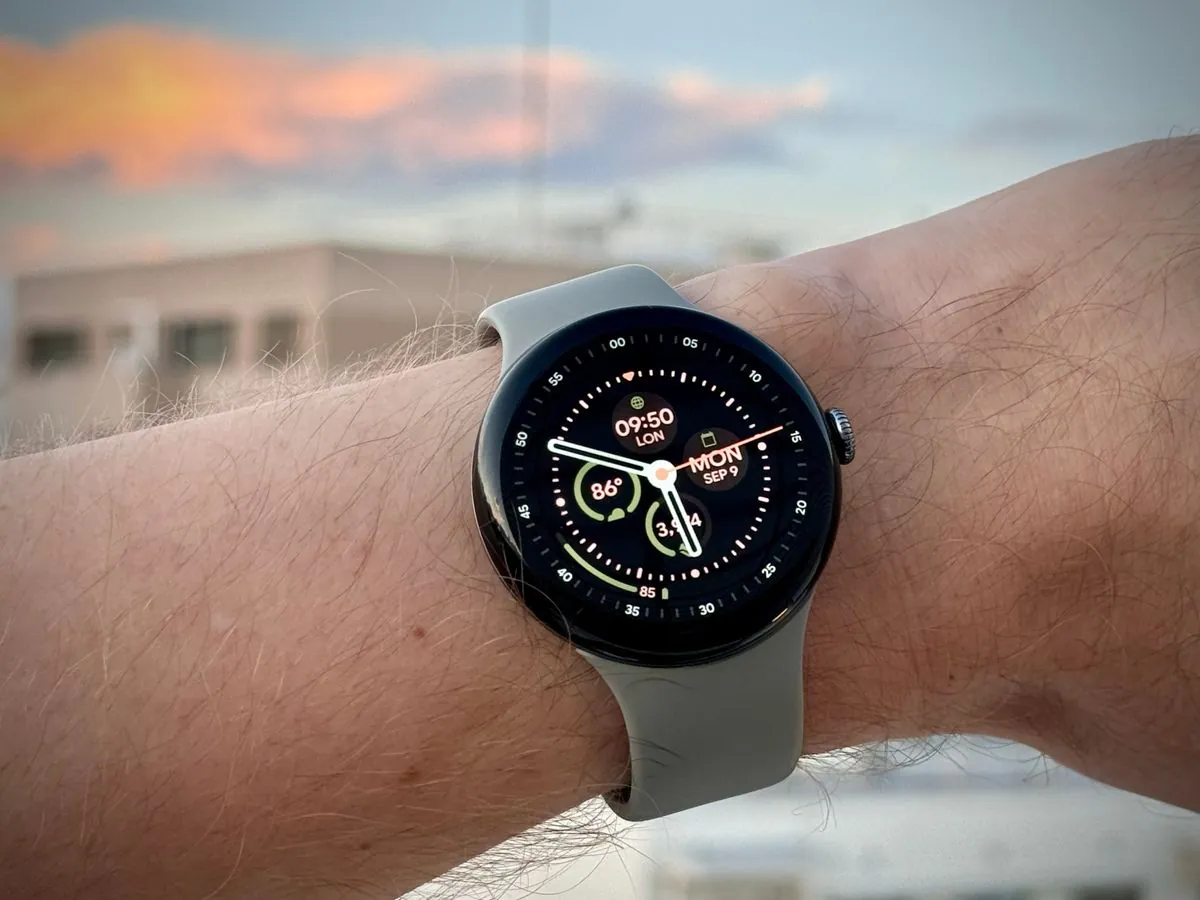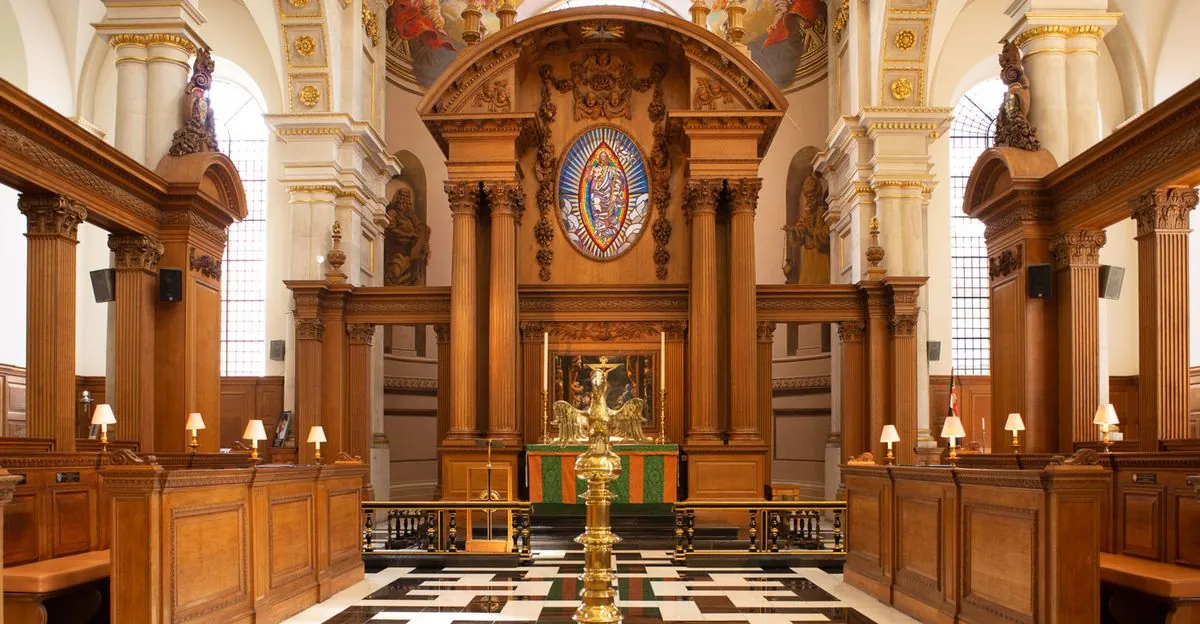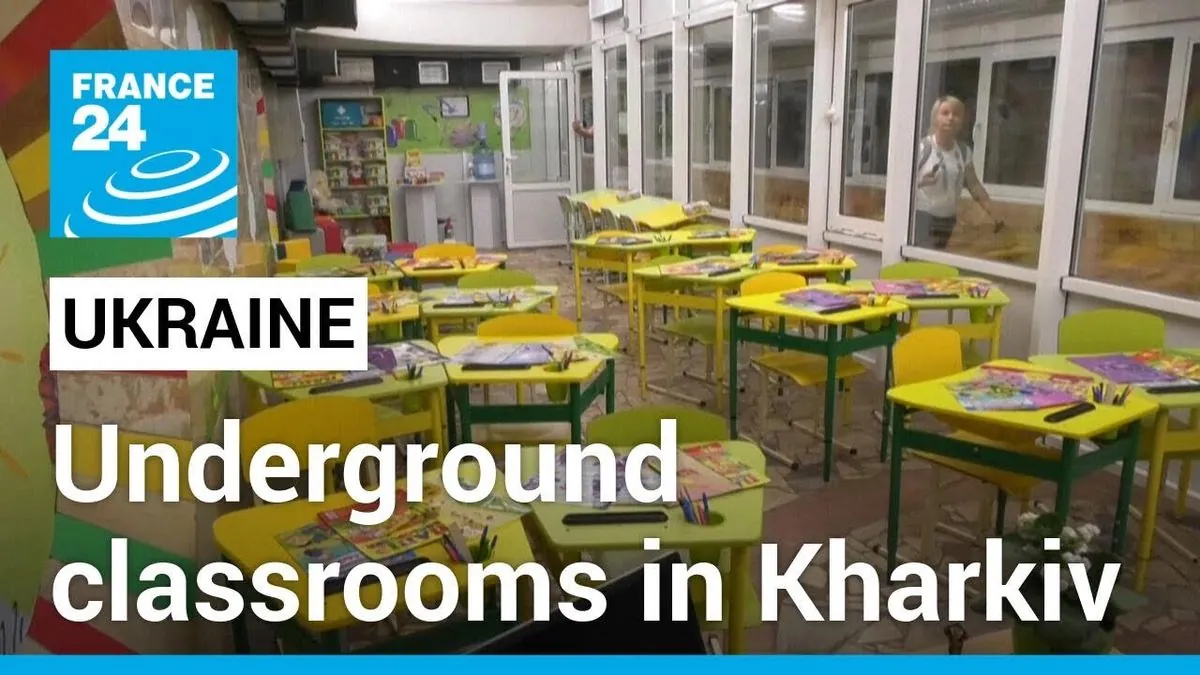Paris Mayor Implements Controversial Traffic Measures to Combat Pollution
Paris introduces speed limit reduction on ring road and increased parking fees for heavy vehicles. Mayor Anne Hidalgo faces criticism and support for her environmental initiatives aimed at improving air quality.
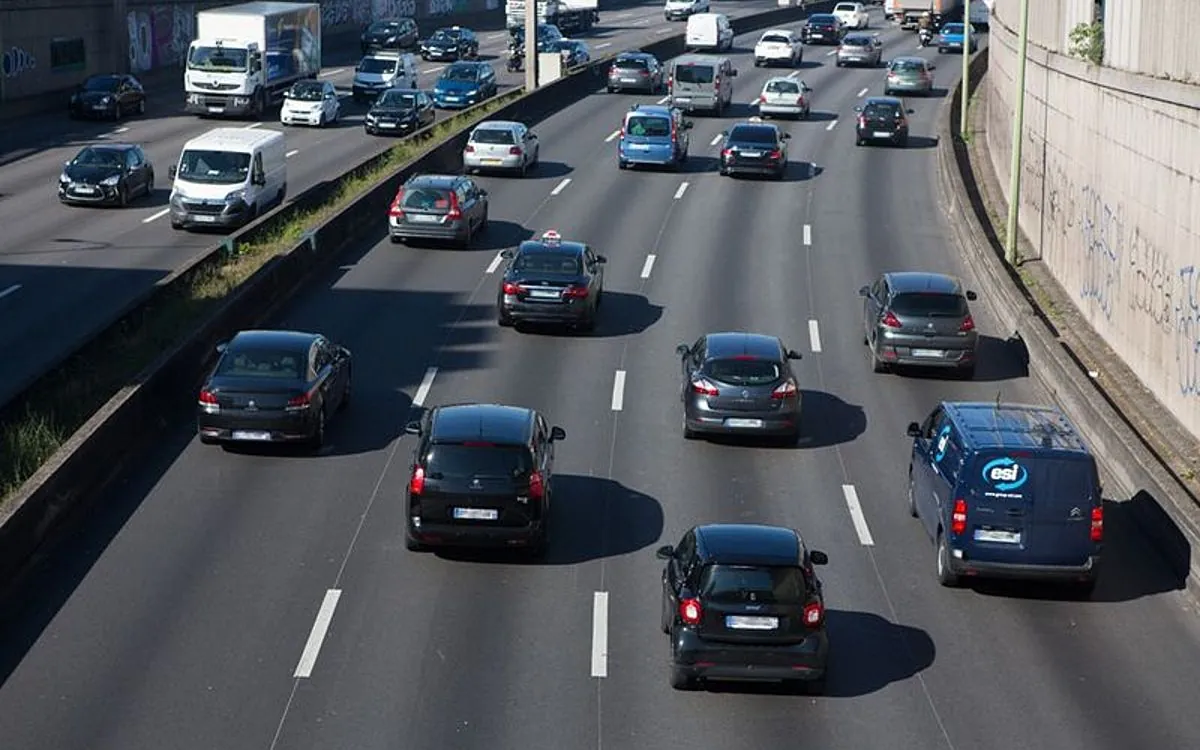
Anne Hidalgo, the Socialist mayor of Paris, has implemented two significant traffic measures in the French capital. The first involves reducing the speed limit on the Boulevard Périphérique from 70 to 50 kph, while the second triples parking fees for heavy vehicles, including SUVs.
The speed limit reduction on the 35 km ring road, which carries about 1.1 million vehicles daily, will be fully implemented by October 10, 2024. Hidalgo argues that this change will improve air quality by reducing "stop and go" driving and lower noise pollution for approximately 500,000 residents living near the highway.
Critics, including Valérie Pécresse, the Right-wing head of the Ile-de-France region, argue that the measure is "socially unjust" and primarily affects early-morning workers commuting between suburbs. Small business representatives have expressed similar concerns.

The increased parking fees, approved by 55% of voters in a February 2024 referendum, target vehicles weighing 1.6 tons or more. Fees now range from €12-18 for one hour to €150-225 for six hours, depending on the arrondissement. Electric vehicles over two tons are also affected, while residents, workers, and certain professions are exempt.
David Belliard, Hidalgo's transport chief, estimates that only 10% of vehicles in Paris will be impacted by the higher fees, potentially generating up to €35 million annually. However, critics argue that the measure unfairly targets families needing larger vehicles and may not effectively reduce emissions.
Hidalgo's policies have been hailed by supporters as environmentally groundbreaking. During her tenure, which began in 2014, she has expanded the city's bike-sharing system, pedestrianized numerous streets, and implemented a low-emission zone to combat air pollution. These initiatives align with Paris's long-standing efforts to reduce car usage and improve air quality.
However, the mayor faces criticism for her urban planning decisions and the city's cleanliness issues. Her nationwide popularity remains low, as evidenced by her poor performance in the 2022 presidential election, where she received only 1.7% of the vote – the worst result ever for a Socialist Party candidate.
Despite the controversy surrounding her traffic measures, Hidalgo remains committed to her environmental vision for Paris. The ongoing debate highlights the challenges of balancing urban mobility, environmental concerns, and social equity in one of Europe's busiest cities.
"F— reactionaries, f— the extreme right, f— all those who want to shut us in a war of everyone against everyone. Our vision has been contradicted, contested, mocked, caricatured. It is a great pleasure to see the city the way we had planned it and to hear people thank us."
As Paris continues to evolve under Hidalgo's leadership, the impact of these new traffic measures on air quality, noise pollution, and urban life will be closely monitored. The success or failure of these initiatives may shape future urban planning decisions in cities worldwide grappling with similar environmental and transportation challenges.












